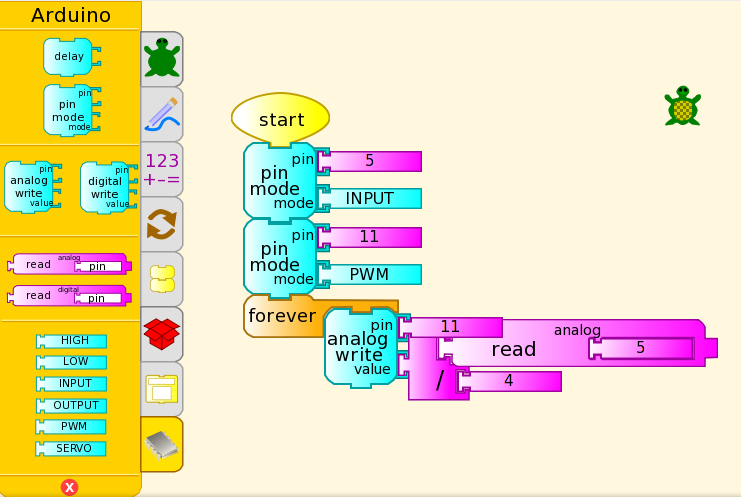I'm generally of the view that there is nothing new under the sun when it comes to education, and a lot of standard discourse about "change" is really just pendulum-swinging. But I think there is at least one new thing from the past decade (in US public, primary and secondary education) which deserves special mention: schools completely and unabashedly optimized to increase the scores on two (or three or one) specific tests, especially new schools built from the ground up for that specific purpose.
This is a pivot, because there is a lot that leads up to that point (standards, tests, laws enforcing accountability, etc.) and lots of things that don't really get rolling until after you've got some of these schools.
When we designed a new high school in 2001, pre-NCLB, testing and accountability was already important -- after all, we were actually re-designing a school that had been closed for poor performance -- we never entertained the idea that the mission of the school was to raise test scores (or four year graduation stats). We were, to quote Ted Sizer, trying to teach kids to "use their minds well." And we figured if we did a good job at that their scores would be fine. We'd read about schools focusing on "bubble kids" and other now-familiar score optimizing strategies; this stuff just sounded cynical and quixotic. We were ill-prepared for the coming decade; something I'm not ashamed of.
Post-NCLB, there has been a whole generation of new schools that have been built in every facet to optimize test scores, by people who have no qualms whatsoever about that goal. Not surprisingly, these schools tend to get the highest test scores, relative to their peers.
The existence of these schools is important, because otherwise, your results are going to be fairly muddled. Some schools will do better, some will do worse, but you aren't going to get a clarion call for anything in particular that transcends the eternal debates in education (some schools of all types will do well, some poorly...).
But once your schools that are specifically optimized for high test scores, you're going to get some consistent winners -- the best optimizers -- and then you can turn the crank and start pushing for more schools on the score-optimizing model, based on their "objective" superiority.
By the way, most of these schools focus on "college" as a proxy for "high test scores," since you generally don't want to tell the parents and kids that the numbers are an end in themselves. So "college" works, since "high test scores" and "doing well in yet more school" are generally well aligned, and once we've got our new "college and career readiness standards" done, there will be no rhetorical gap there at all.
Anyhow, my point is that the existence of a significant number of these schools is the biggest "new" thing of the decade in US K-12 education.
Honorable Mention #1: Broad Academy
A brilliant move; it is like Microsoft training all of Apple's executives.
Honorable Mention #2: OLPC
By the end of this decade, every student in the country will be carrying some kind of electronic device, because of OLPC, there is at least one vision for a computer designed to meet the needs of students first and foremost (as opposed to businessmen, consumers, or publishers and record companies), even if that vision has still not been fully realized. If there was no OLPC, all we'd be able to do is say "not a Kindle, not an iPhone, not a $800 laptop" wave our arms around, and watch people's eyes glaze over as we describe our arcane geek fantasies.



